Dénes Farkas’ personal exhibition focuses on issues of choice, uncertainty, insecurity and preparedness, highlighting the contingency of normality and casting doubt on the production of truth and scientific rationality.
The exhibition comprises of site-speficic spatial and audio installations and new works using photographic and textual material. The exhibition is inspired by the novel An Unneccessary Woman by Lebanese-American writer Rabih Alameddine, also a source of the quote used as the title of the exhibition. The book presents an inner monologue of an elderly woman who, unbeknownst to all, has decided to devote herself to translating Western literature to Arabic – a process providing an opportunity for intellectual dialogue and establishing a personal alternative reality in the midst of the chaos of Lebanese civil war. Farkas uses quotes from Alameddine’s book, set in dialogue with visual material photographed at the Global Seed Vault in Svalbard, Nowray, at the International Center for Agricultural Research in the Dry Areas (ICARDA) seed bank in Terbol, Lebanon, and at the N.I.Vavilov Institute of Plant Genetic Resources in St Petersburg, Russia – institutions established for preserving biodiversity and guaranteeing global food security. Both the visual and textual inspirations of the works refer to food for the body and food for thought, processes of adaptation, and an attempt at keeping up normalcy under the conditions of insecurity; but they also reveal the deceptiveness, fragility and contingency of temporary feeling of security. At the same time, the preapocalyptic feeling of preparing for unknkown future hardships and the rigid scientific approach of the seed banks contrasts with the commonplace of the horror of real conflicts; the eloquence of global rhetorics contrasts with the pragmatics of everyday actions. As a self-conscious artist, Dénes Farkas also addresses the ethical question of using someone else’s conflicts and suffering as raw material for his work. Nevertheless, by interweaving stories from such different sources he aims at a more universal level, conveying an idiosyncratically melancholic message about casuality of tragedy, of history repeating itself, and of futility of human ambition.
text by Ingrid Ruudi
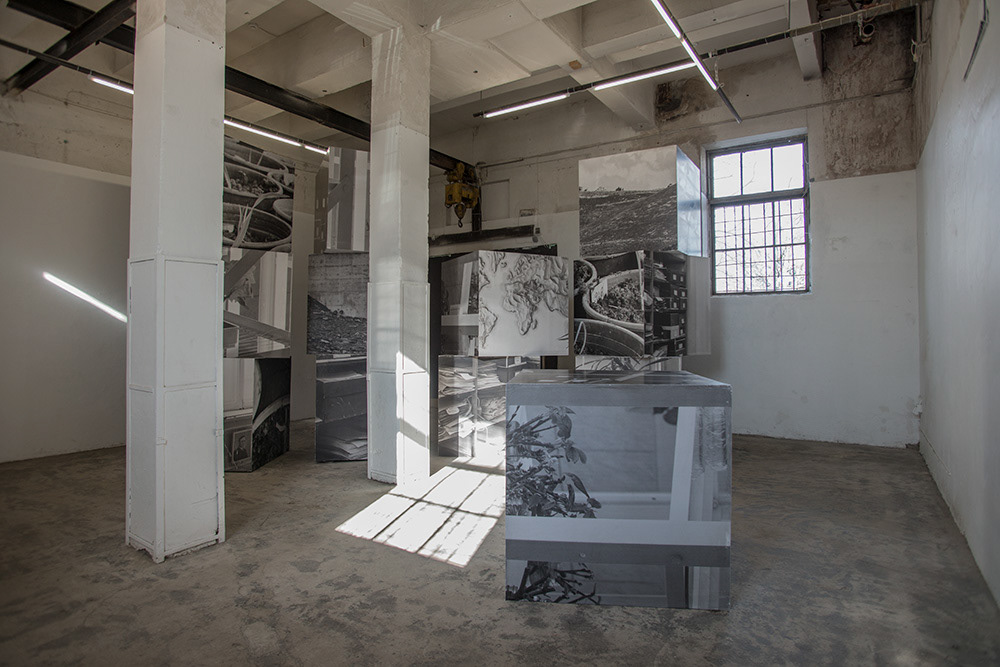
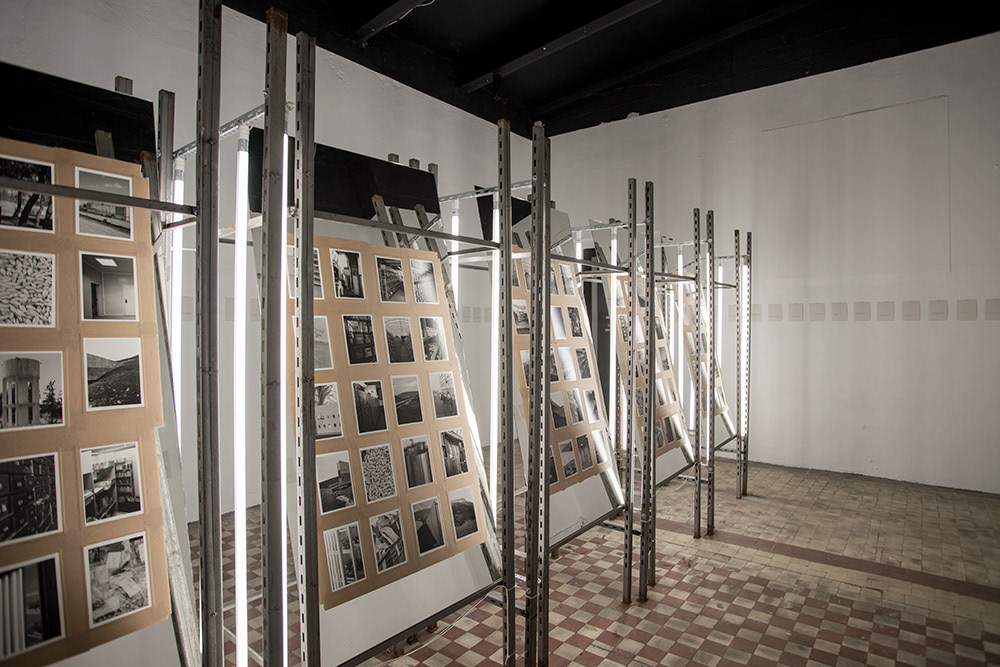
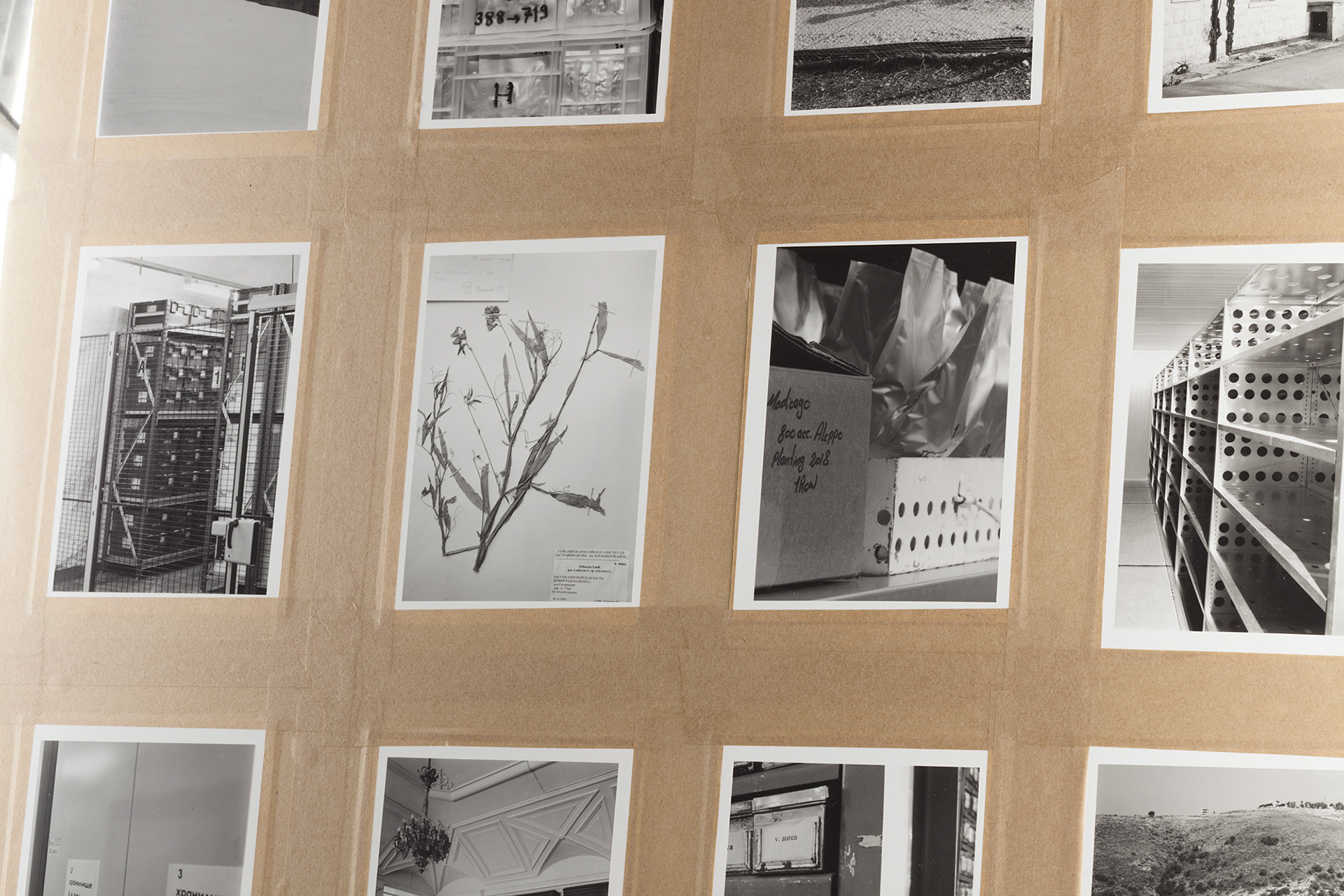
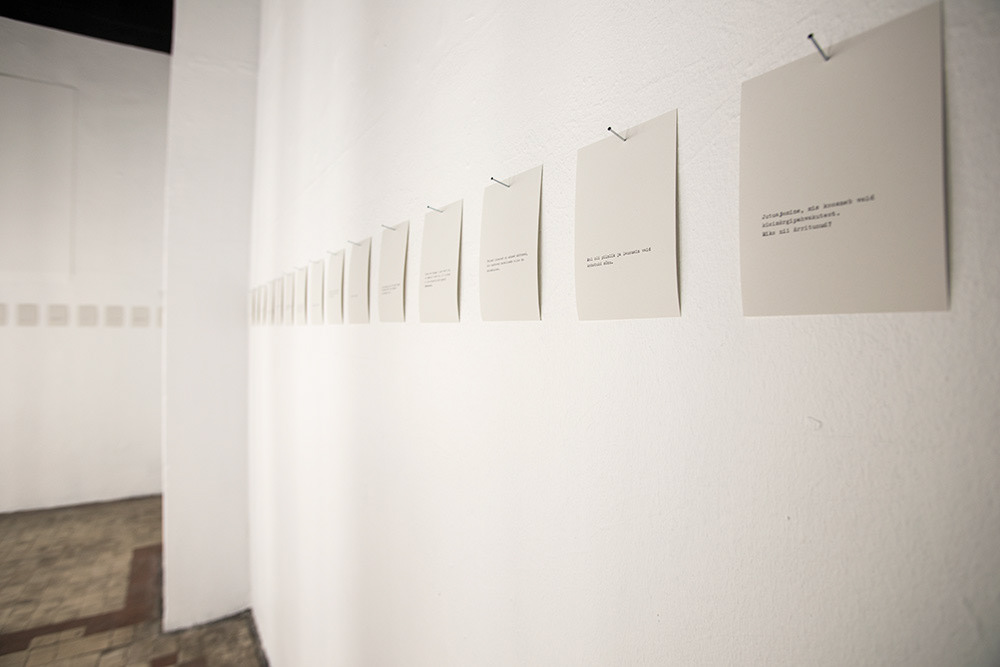
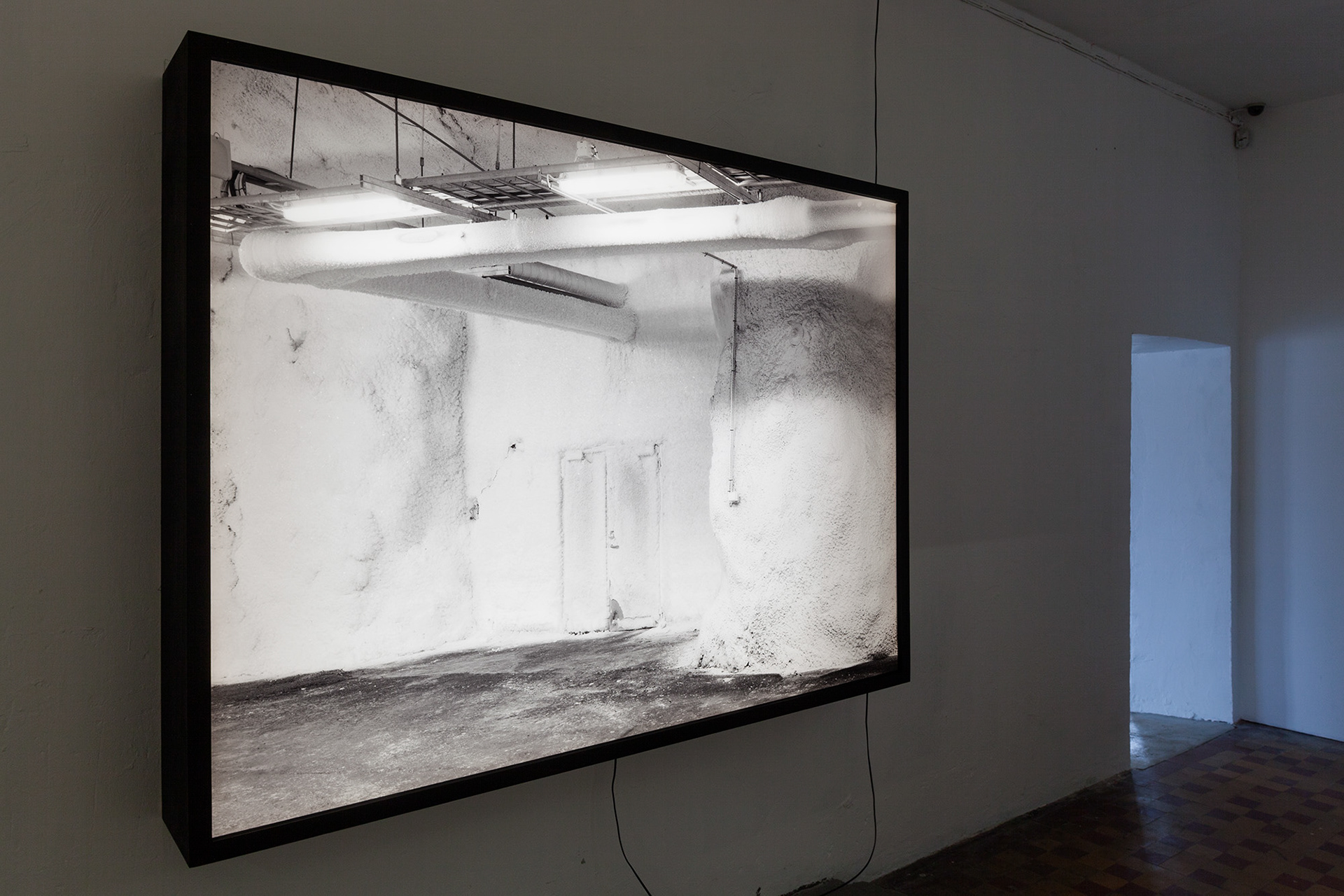

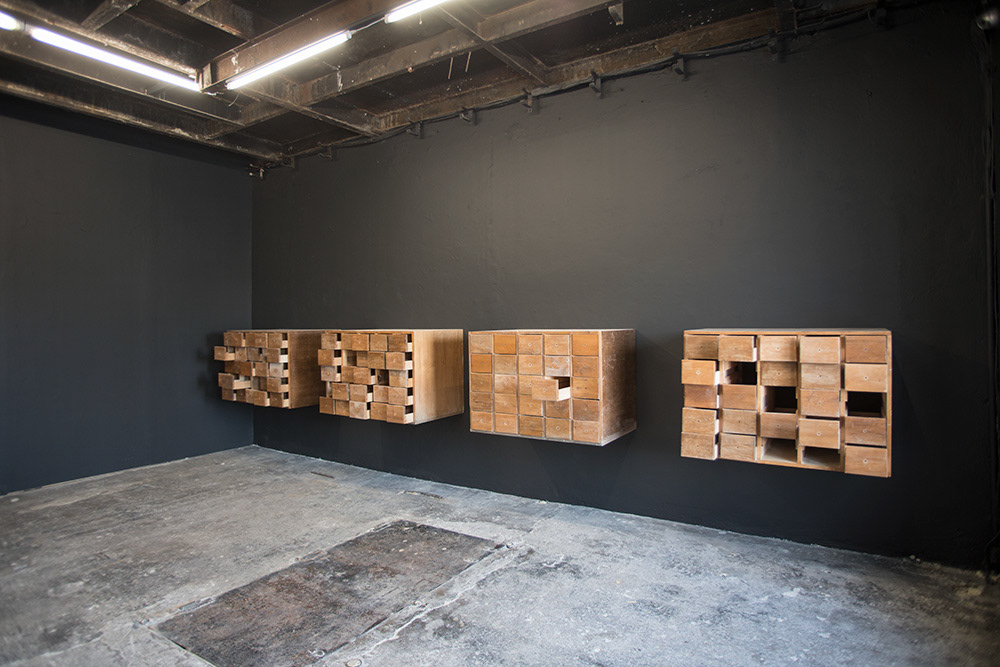

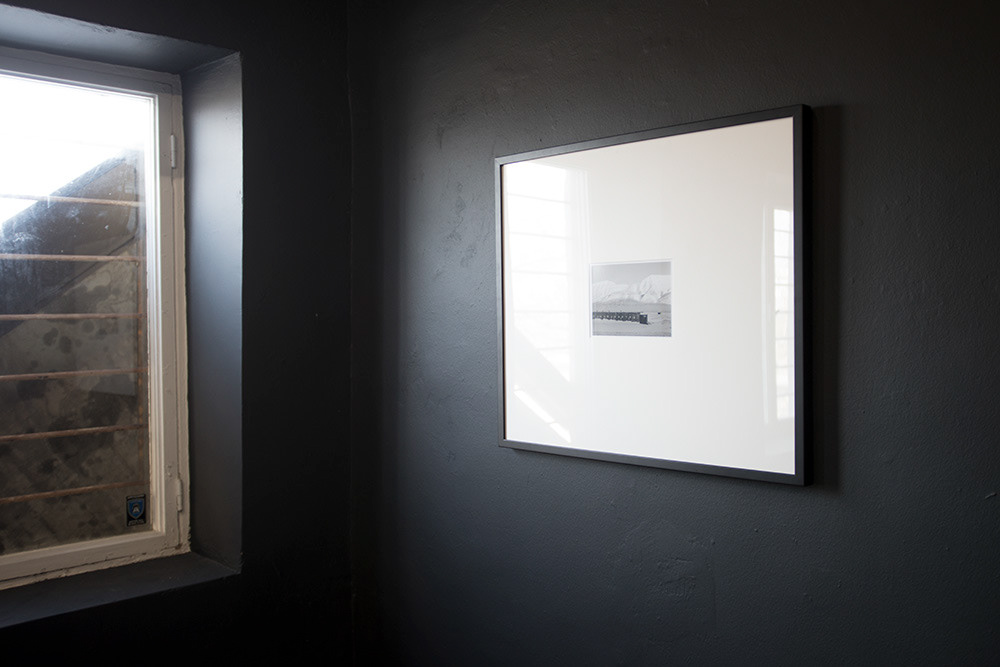
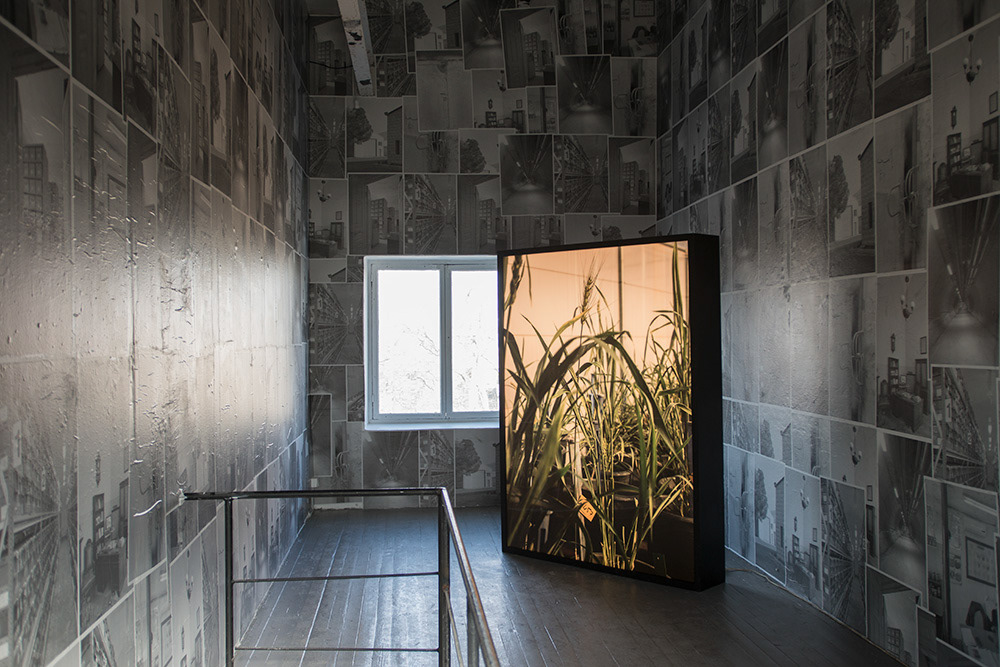
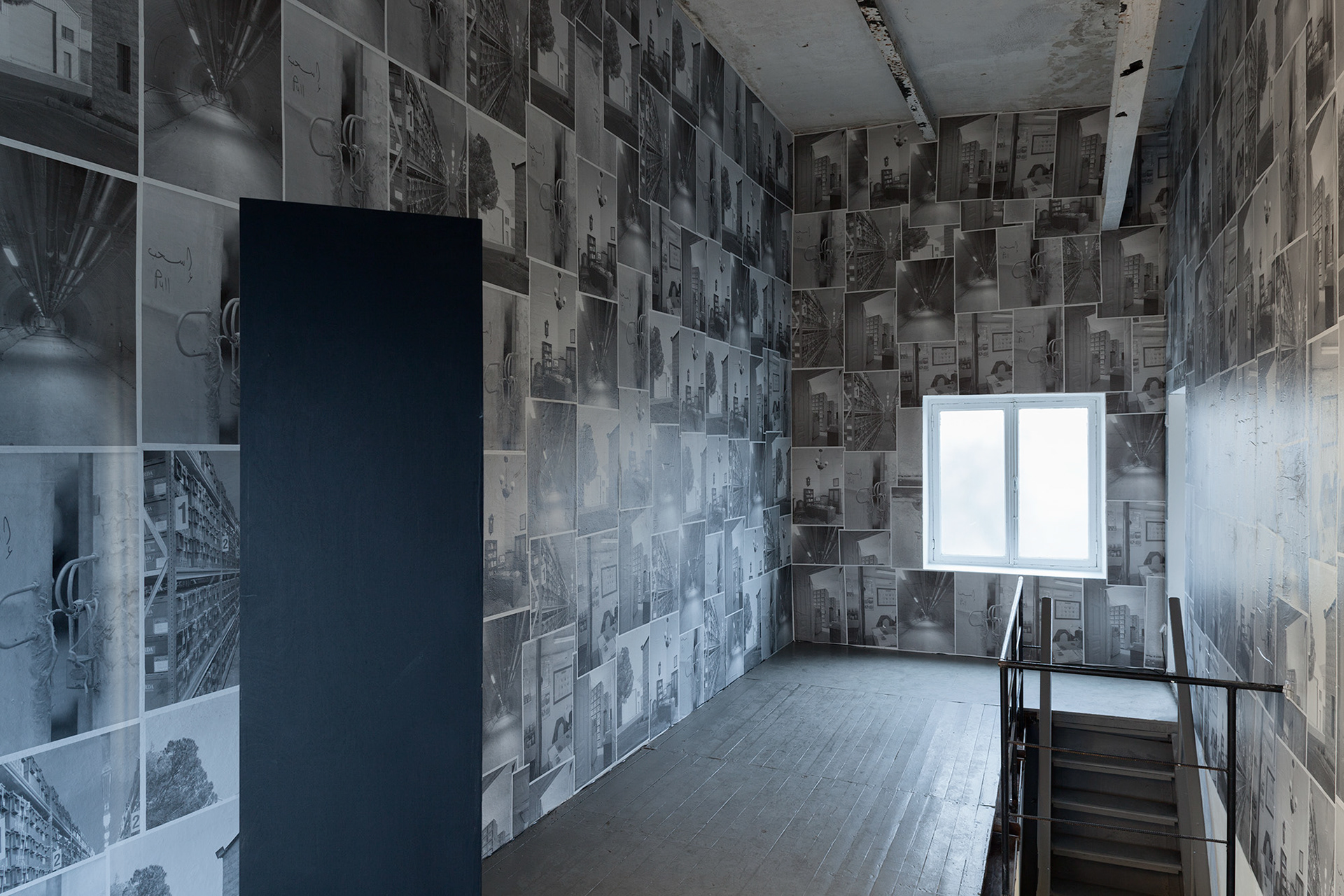


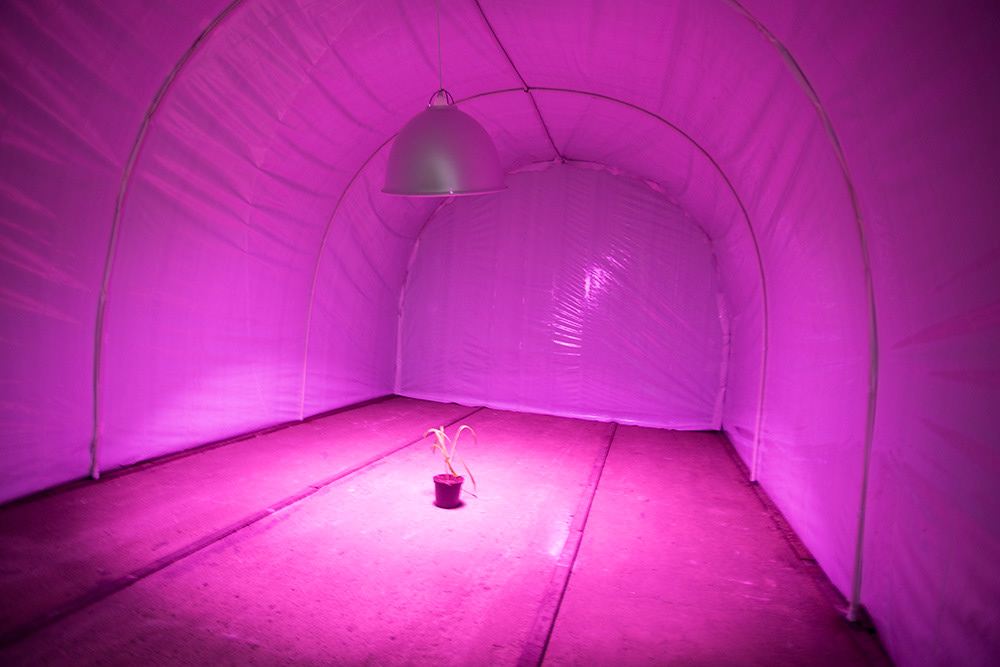

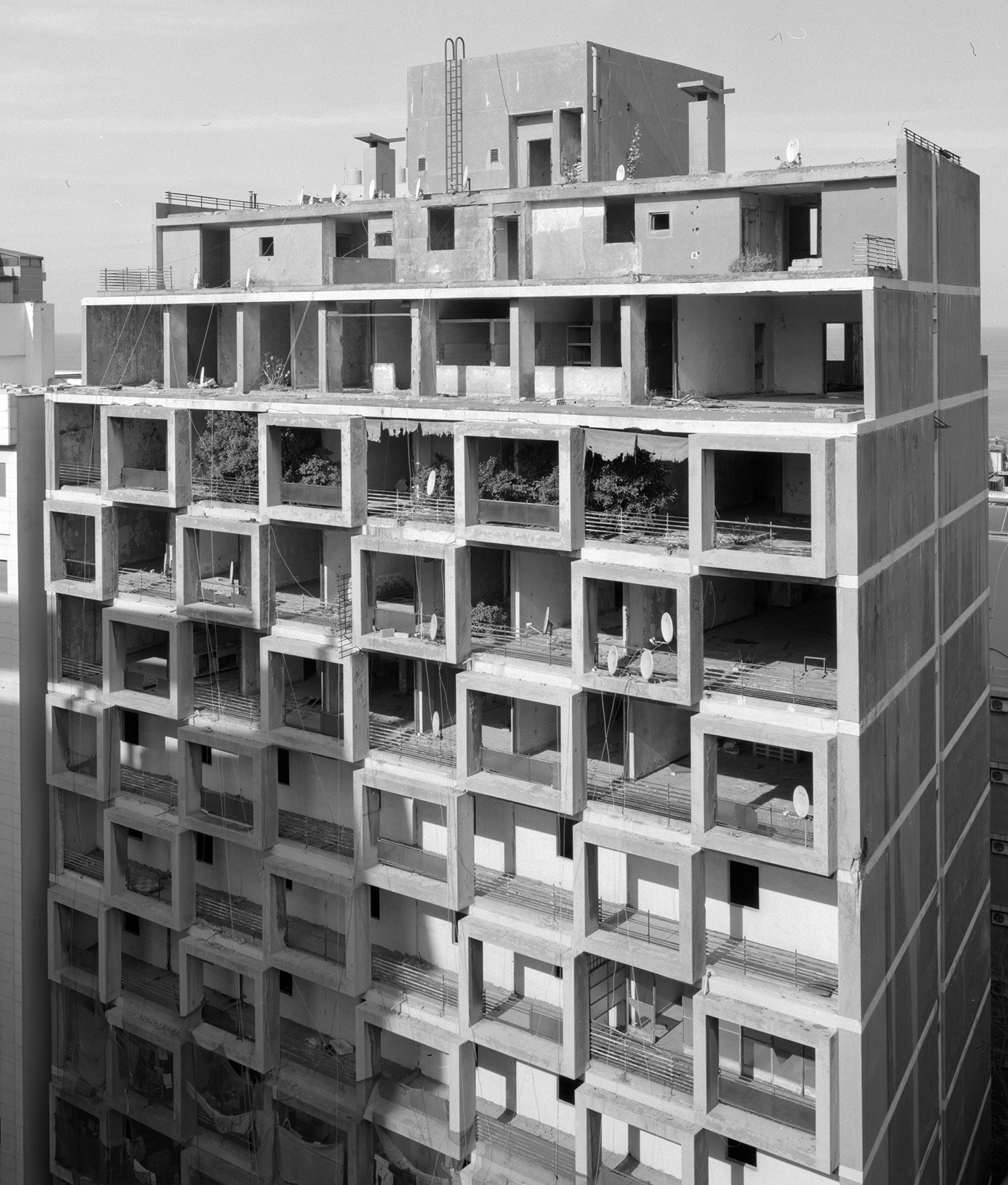
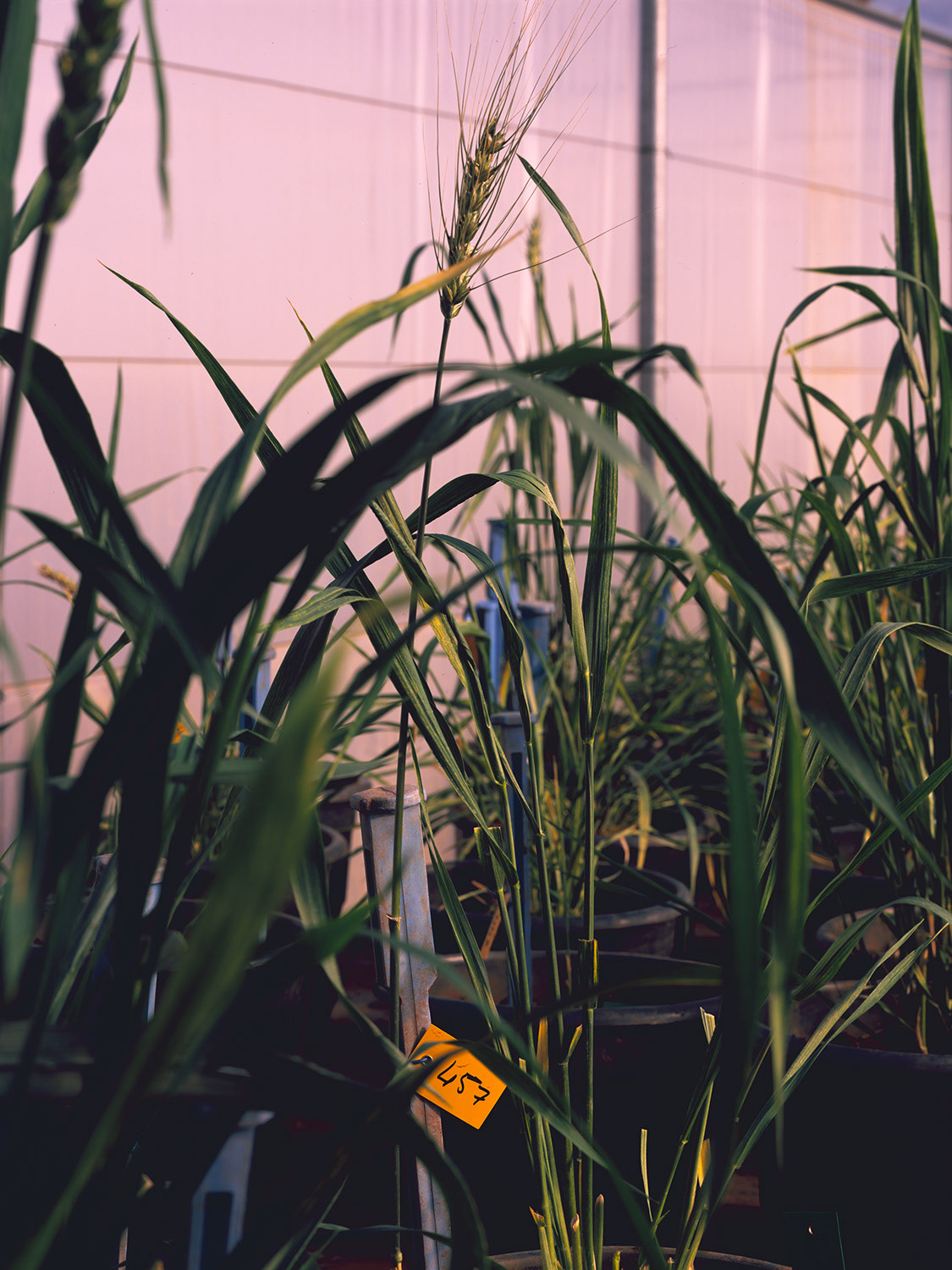
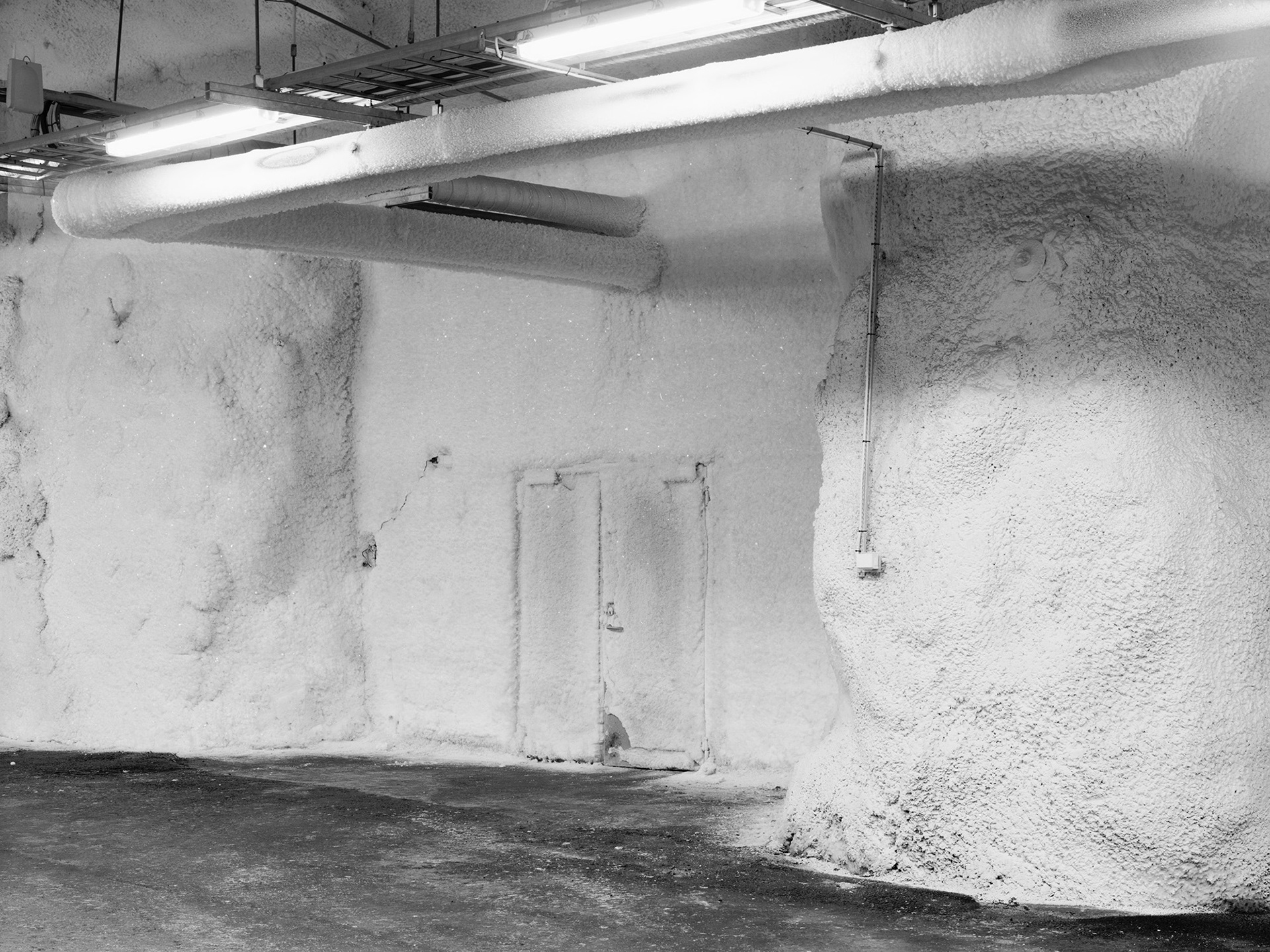
exhibiotin views by Paul Kuimet